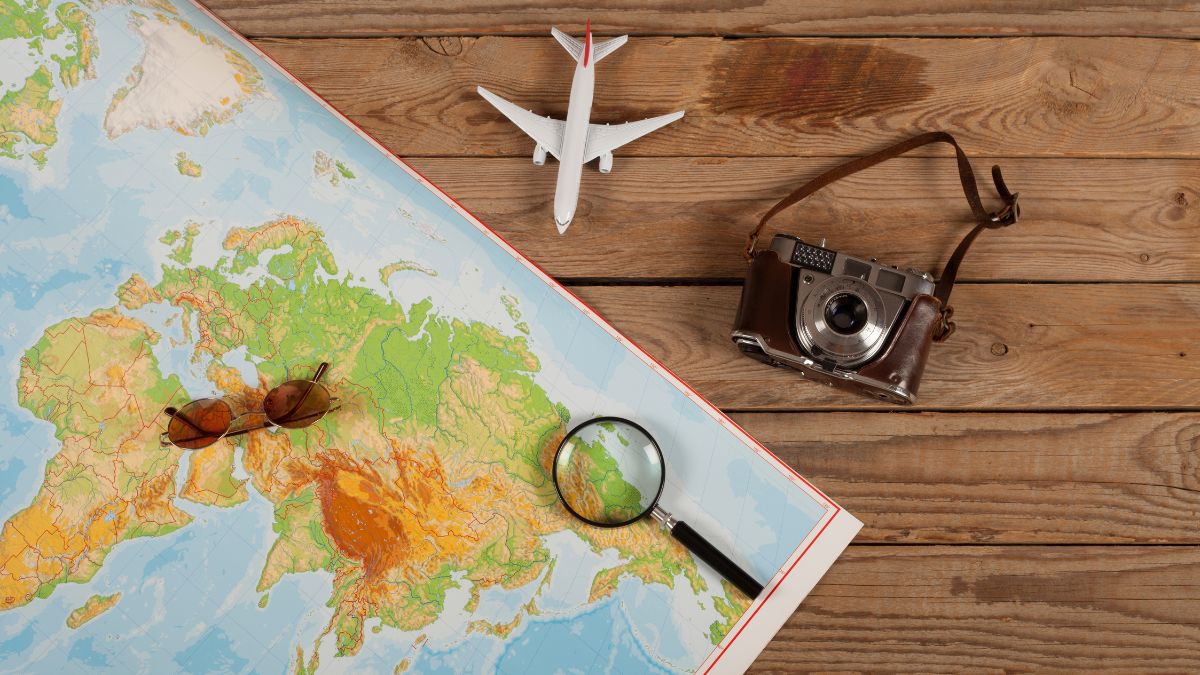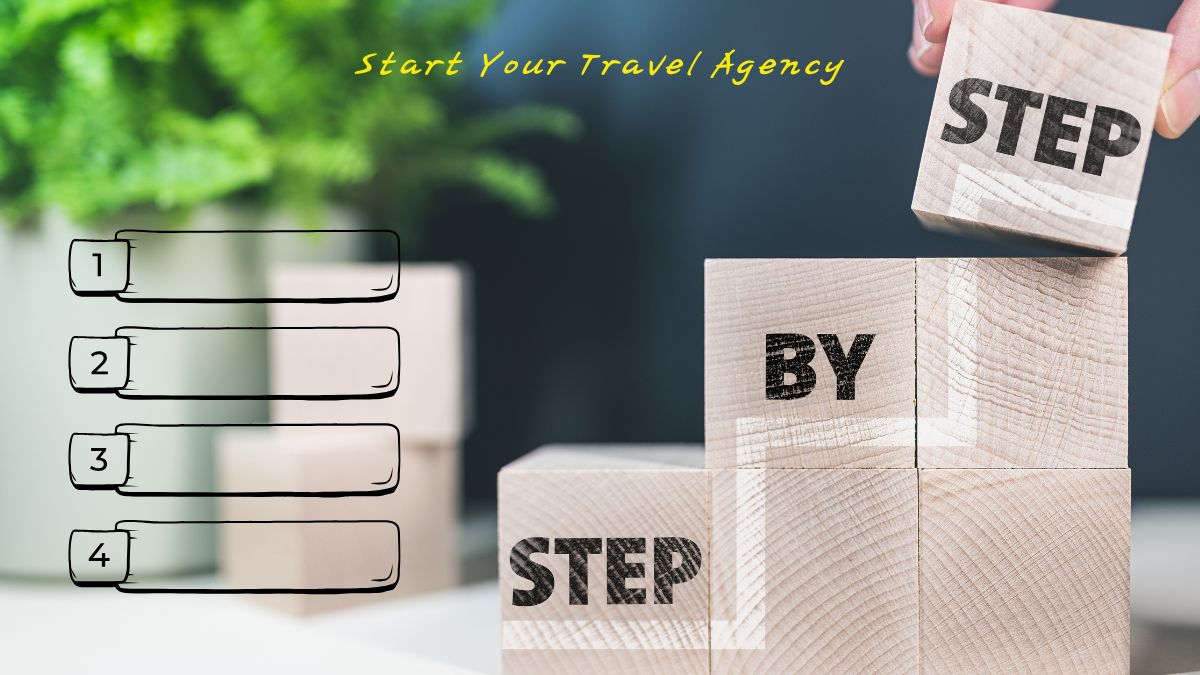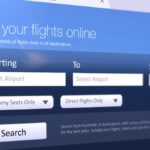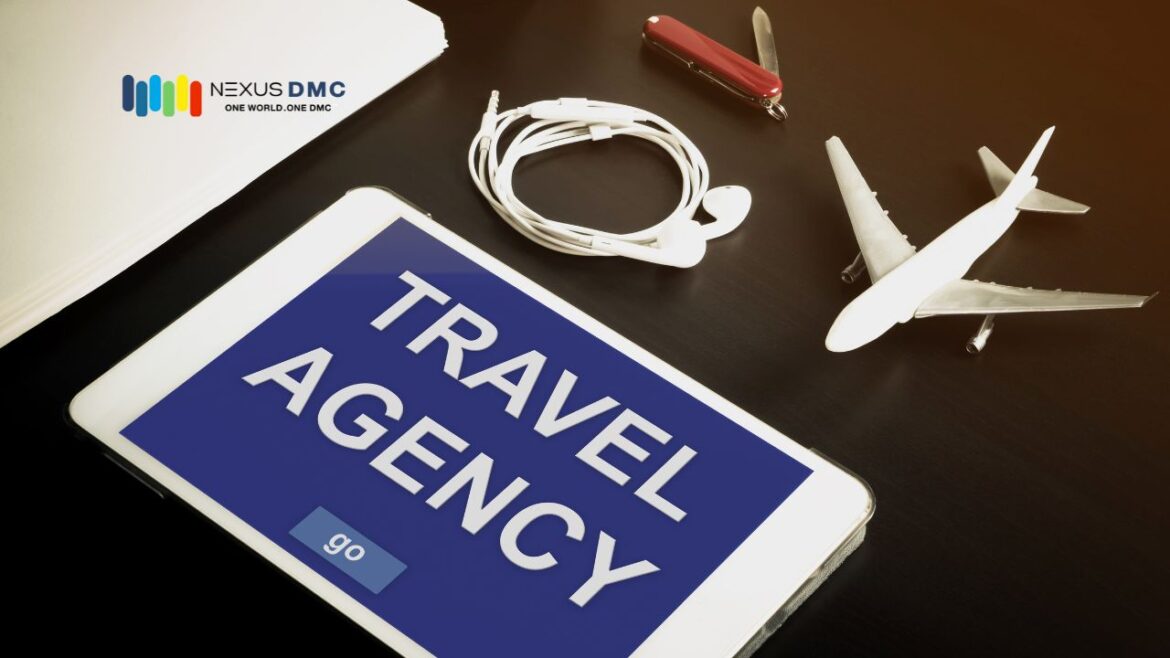So, you love travel. And you enjoy planning for others too. What if that passion could become your full-time profession? Starting a travel agency is one of the most rewarding ways to turn your love for travel into a meaningful business with flexibility, purpose, and good income.
This guide will walk you through every step, in simple words and easy logic. You don’t need to be a tech genius or an industry veteran. You just need curiosity, consistency, and the right support.
Table of Contents
Why Start a Travel Agency?

Travel is one of the most rewarding industries not just financially, but emotionally. You help people make memories, explore new cultures, and tick off their bucket lists.
Starting your own agency also gives you flexibility, low startup costs, and the freedom to work from anywhere. Whether part time or full-time, it’s a great opportunity for anyone passionate about travel.
Step-by-Step Guide to Start Your Travel Agency

Let’s go step-by-step, like planning the perfect holiday.
Step 1: Choose What Kind of Travel You’ll Offer
Start by picking a travel style or area that excites you. It could be luxury holidays, honeymoons, adventure tours, group trips, or even corporate travel.
Focusing on one niche makes it easier to market your services and build a reputation. Over time, you can expand but it’s best to start with one clear focus.
Step 2: Understand What People Want
Before you start offering packages, understand what travelers are actually looking for. Do they want curated experiences? Budget trips? Destination experts?
You can check trending destinations online, join travel forums, or talk to frequent travelers to get a better picture. This step helps you craft offers that people will actually book.
| Step | What to Do | Why It Matters |
|---|---|---|
| Understand Traveler Preferences | Identify if they want curated trips, budget options, or expert recommendations | Helps you tailor your packages to real needs |
| Research Trending Destinations | Check travel trends on Google, Instagram, and travel platforms | Gives you insight into what’s popular and in demand |
| Join Travel Forums & Communities | Explore sites like TripAdvisor, Reddit, or Facebook travel groups | Lets you hear directly from active travelers and get real-time feedback |
| Talk to Frequent Travelers | Have casual conversations or surveys with experienced travelers | Helps you spot patterns and preferences that data alone might not show |
| Apply Insights to Your Packages | Use this knowledge to craft offers people are more likely to book | Increases conversion, builds trust, and gives your services real-world appeal |
Step 3: Create a Basic Business Plan
You don’t need a fancy document. Just note down:
- What Services You’ll Offer: You’ll offer complete travel solutions including flights, hotels, transfers, sightseeing, and custom holiday packages. Additional services can include visa assistance, travel insurance, and curated itineraries for individuals, families, or groups. For B2B, you can provide destination training and support for travel agents.
- Who Your Ideal Customers Are: Your ideal customers are leisure travelers like families, couples, and solo adventurers looking for easy, reliable travel planning. On the B2B side, travel agents and small tour operators seeking expert support, ready-made packages, and destination expertise are a great fit.
- How You Plan to Earn: You’ll earn through commissions on bookings, service fees for planning and support, and markups on package prices. B2B revenue can also come from partner programs, training, and affiliate services like insurance or forex.
- What Tools or Help You Might Need: You’ll need a website, a CRM for lead management, access to supplier portals or DMCs, and marketing tools like Google Ads, WhatsApp automation, and email platforms like Brevo. A solid network of partners and smart automations will keep things efficient.
This gives you a roadmap to follow and keeps you focused.
Step 4: Choose How You’ll Work — Online, Home-Based or Office Setup
There’s no one-size-fits-all. You can:
- Work from home with just a phone and laptop perfect for beginners. It keeps your costs low and lets you run your business from anywhere.
- Build an online-only presence using Instagram, WhatsApp, or a simple website. This is ideal if you want to focus on digital marketing and attract clients across cities or even countries.
- Open a physical office in your area if you expect walk-in clients or want to create a more traditional setup. It adds credibility but comes with rent and setup costs.
Most people start from home or online, and scale later when the business grows.
Step 5: Handle the Legal Basics
Register your business name, get a GST number (if applicable), and open a business bank account. In most cases, you can start without advanced licenses like IATA.
Legal setup ensures smooth payments, professional credibility, and long-term growth.
• Register your business name – Make it official and recognizable.
• Apply for a GST number (if applicable) – Required for tax compliance in India.
• Open a dedicated business bank account – Keeps personal and business finances separate.
• You can start without IATA or advanced licenses – Not mandatory in the beginning.
A proper legal setup helps build trust, enables smooth payments, and supports long-term growth.
Step 6: Build a Simple Brand
Choose a name that’s easy to remember. Create a basic logo using free tools like Canva. Start a simple Instagram page or WhatsApp Business account to stay in touch with leads.
A strong brand doesn’t have to be fancy. It just needs to look neat and trustworthy.
Step 7: Connect with Travel Suppliers
As a travel agent, your role is to connect customers with hotels, flights, tours, and local experiences. You’ll need partnerships with travel suppliers these could be hotels, transport providers, tour operators, or destination management companies.
Having the right suppliers gives you better pricing, faster responses, and access to exclusive deals.
Step 8: Use Tools That Make Work Easier
You don’t need heavy software or complicated systems. Start with:
- Google Sheets to track leads
- WhatsApp for client communication
- A simple calendar to manage follow-ups
- Zoom or Google Meet for client calls
| Tool | Use | Why It Helps |
|---|---|---|
| Google Sheets | Track leads and inquiries | Easy to use, shareable, and great for organizing data |
| Communicate with clients | Fast, personal, and widely used by travelers | |
| Calendar | Manage follow-ups and appointments | Helps you stay on top of calls, follow-ups, and reminders |
| Zoom / Google Meet | Conduct client meetings or consultations | Free, reliable platforms for face-to-face virtual calls |
These tools keep things organized and help you stay professional even as a beginner.
Step 9: Decide How You’ll Earn
You can make money through:
1. Commissions
You earn a percentage from hotels, flights, or tour providers when you book through them. For example, if a hotel offers 15% commission on a ₹10,000 booking, you earn ₹1,500. This is already built into the price no extra cost to your client.
2. Markups on Packages
When you get a package at a base rate (say ₹40,000), you can sell it for ₹45,000. The ₹5,000 is your profit. You’re adding value by planning and handling the booking for the client.
3. Service Fees
You can charge for your time and effort like ₹500 for itinerary planning or ₹300 for visa assistance. It’s a great way to earn when there’s no commission involved.
Start with clear pricing. Be honest with clients. Good service will lead to repeat bookings and referrals.
Step 10: Start Marketing (Simply)
Don’t wait for everything to be perfect. Start promoting your services:
- Share tour ideas on Instagram or WhatsApp groups
- Talk to friends, family, and colleagues
- Offer planning help for free to build early trust
- List your business on Google
Your first few clients will come from people you already know use that to your advantage.
Step 11: Start Booking & Build Relationships
Once leads start coming in, focus on service. Respond quickly, offer clear options, follow up after the trip, and always ask for feedback or a review.
Treat every client like they matter because they do. In travel, relationships are your biggest asset.
Your Next Step: Choose the Right Partner

You’ve now got the knowledge. But to grow faster and look more professional from day one, you need a strong backend partner. That’s where NexusDMC comes in.
Whether you’re planning group tours, luxury holidays, or customized itineraries, NexusDMC gives you:
- Access to 20+ countries
- Booking tools and backend support
- 900+ destination experts
- Ready-made packages and co-branded itineraries
- Webinars and training to keep you updated
With NexusDMC, you don’t have to do it all alone. You focus on your clients they’ll take care of the rest.
Conclusion
Starting a travel business doesn’t have to be overwhelming. With the right mindset, simple tools, and a clear plan, you can build something meaningful and sustainable. Focus on what matters most understanding your customers, offering real value, and staying consistent. Take it one step at a time, and success will follow.
Also Read: Travel Agent Checklist for Seamless Travel Bookings
Frequently Asked Questions
How do I start a small travel agency?

To start a small travel agency:
Decide your niche (domestic/international, adventure, luxury, etc.).
Register your business (proprietorship/LLP/private limited).
Get necessary licenses (GST, travel licenses, etc.).
Partner with travel portals, hotels, and airlines.
Build a website or social media presence.
Start with strong customer service and word-of-mouth marketing.
How much money is needed to start a travel agency?

Starting a basic travel agency can cost anywhere between ₹50,000 to ₹2,00,000, depending on:
Office setup (if not working from home)
Licensing and registration
Website development
Marketing and branding Costs are lower for home-based agencies and higher for physical offices.
How profitable is a travel agency?

A travel agency can be quite profitable, especially with consistent client bookings. Profit margins range from 10% to 25% per booking. Profitability improves with:
Repeat clients
Group bookings
Corporate tie-ups
Ancillary services like visa assistance or insurance
How to open a travel agency in India without investment?

You can start with minimal or zero investment by:
Working as an online affiliate/travel consultant.
Partnering with bigger travel portals
Using free tools for marketing (social media, WhatsApp groups).
Operating from home to avoid rental costs.
How do travel agents make money in India?

Indian travel agents make money through:
Commissions from airlines, hotels, and portals
Markups on package tours and transport
Service fees (for visa, documentation, etc.)
Affiliate earnings via booking platforms

